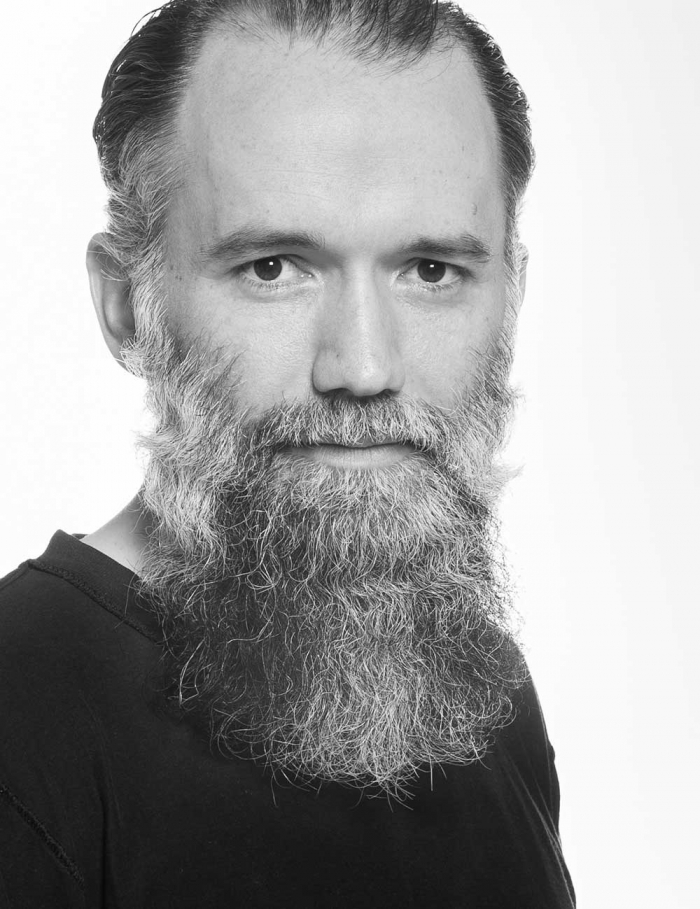Jamie Allen is an artist-researcher and organizer occupied with the resonances between metabolisms, ecologies, technologies, infrastructures, and institutions. He makes experiments and research, writing and media, material artworks and events, encounters and workshops, talks and platforms for publishing and public-making.
Allen is occupied with how technologies and media affect psychic, social, material, and natural ecologies. Most often in collaboration, he creates experimental, extra-disciplinary extra-versions, evolving as texts, events, workshops, media, and physical artworks. His work engages with infrastructure, science and technology, and media studies through the means of experimental art, media, and design, in interaction with natural and human sciences (ecology, geology, geography, ethnography, anthropology). He likes to make things with his head and hands and in collaboration with people and institutions that acknowledge friendship and love as part of knowledge practices like art and research.
Jamie was born in Canada, lives in Europe and is a Senior Researcher at the Critical Media Lab Basel, having previously held posts as Canada Research Chair in Infrastructure, Media and Communications at the Nova Scotia College of Art and Design (NSCAD), Head of Research with the Copenhagen Institute of Interaction Design(CIID), and Assistant Director of the Culture Lab in the UK. He has degrees in chemical and electrical engineering, music composition, media arts, and philosophies of communications and technology from Canada, Scotland, New York, and Switzerland. He has worked as a polymer chemist, an electronics engineer, and a museum designer.
The experimental, award-winning, and collaborative work in techno-culture and media arts that Jamie engages in began with early involvement in groups like Eyebeam, and through formative art and technology exhibitions like Electric Lab at Exit Art. He also initiated and organized art and technology community initiatives such as ‘Wood Metal Water‘ in 2005 at the RedHead arts space of the Lower Manhattan Cultural Council, and contributed directly to the development of Open Source technologies like the Firmata protocol throughout the 2000s.
Dr. Allen’s Ph.D. (summa cum laude, 2015) developed a materialist philosophy and techno-aesthetics of natural and technical infrastructures and was supervised by Siegfried Zielinski and Avital Ronell. He regularly participates in international research fellowships, for example, at Trent University’s Traill College and the Nam June Paik Art Centre. Jamie receives grateful support for artistic production, scientific research, and infrastructure from the AHRC in the UK, the SSHRC in Canada, and the Swiss National Science Foundation. Numerous arts, cultural, and residency foundations and organizations, such as the Canada Council of the Arts, the Danish Arts Foundation, and the National Endowment for the Arts have also supported projects. His founding and early activation have helped create institutional forms such as community spaces, public-making (‘publishing’) initiatives, and media labs.
Jamie exhibits art and design work internationally, including ’Emergent Strategies from the Deep’ (2021) at Savvy Contemporary, ‘(Un)mutable Channels’ for The Shape of a Practice at the House of World Cultures (2020), ’The Lie Machine’ for Invisible Threads: Technology and its Discontents in Abu Dhabi (2017), ‘Echoes of Eco‘ at documenta14 in Athens (2017) and ’#rocks’ for the Neue National Galerie Festival of Future Nows (2014), in collaboration. Featured commissions and performances include those with the Walk&Talk Festival in the Azores in 2018, the Nikolaj Kunsthal in Copenhagen in 2016, and the transmediale festival in Berlin with the 2014 project Critical Infrastructure.
Hosting workshops in cultural and academic contexts all over the world, Jamie has taught with NYU’s Interactive Telecommunications and Museum Studies programs, The Pratt Institute of Art & Design Department of Digital Arts, New Media Music at Hanyang University in Seoul, the Parsons School of Design and the Royal College of Art in London. His “workshop as artwork” practices take place in collaboration with institutions like the Tate Liverpool, the STEIM Studio for Electronic Instrumental Music, and the Art Meets Radical Openness Festival, amongst many others. He publishes and makes media addressing topics such as the emergence of ‘truth verification’ technologies, the mediatization and logistification of global environments and ecologies, and the racialized history of the science of ecosystems and ecology.
Jamie’s work is informed by his training in the engineering sciences and infrastructural practices that sustain, amplify, exploit, and reconfigure values and desires. It asks how we can point to and repair the inequalities and disparities of knowledge and access these systems often (re)produce. The cooperative projects and encounters he develops address institutional, infrastructural, and ecological histories and change toward ‘metabolic creative practices’: material cultural ceremonies of thriving and surviving and technological rituals of trust, response-ability, and ecological relation. What constellations of techno-science can we devise together that might heal the rifts wrought by infrastructural modernism, exploitation, and messianism? Critical scholarship and studies of infrastructure, institutions, and media, as well as participatory media and artistic work, circulates toward a ‘culinary cosmopolitics’ that relates energy, metabolism, logistics, food and sustenance, migration, labour and community.
Jamie and collaborators are currently preparing event formats, films, and media works, as well as two edited volumes: one entitled ‘Geognostics: A Planetary Manual‘ which considers individual-planetary relations in the Anthropocene, and ‘Didn’t You Get the Memo?‘, a provocation to the creative imaginations of experimental practitioners within institutions. A monograph book project entitled “Philosophies of Infrastructure” is in the works, indexing how media and infrastructures allow or forestal particular perceptual, social, ecological, and metabolic relations, imaginaries, and realities. Ongoing practice projects instigate participatory and collaborative alimentary situations that address “metabolic media” and “metabolic creative practices.”
